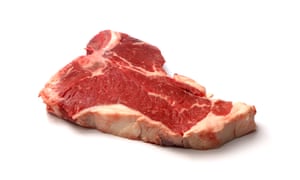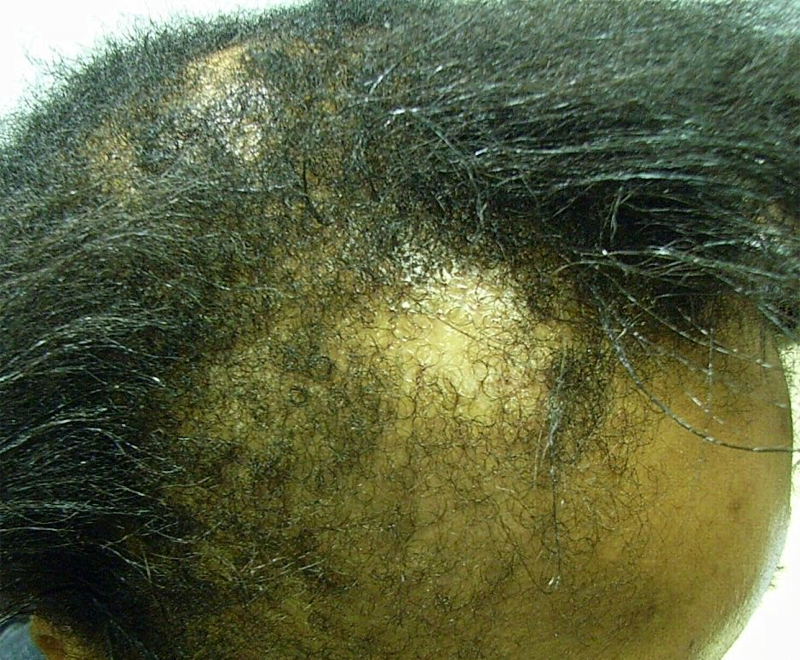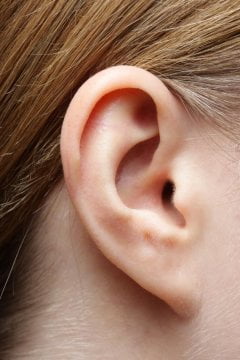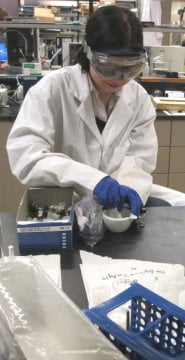
In a blow to gym vloggers who pretend to be scientists everywhere, the paleo diet may not be all that paleo. According to a new study, humans were eating carbs up to 170,000 years ago.
The paleo diet is based on the assumption that modern farming and agricultural practices don’t match up to what the human body was made to digest. It therefore cuts out many carbohydrates: legumes, pulses, grains and even white potatoes, depending on what kind of paleo you are.
Paleo enthusiasts suggest we should return to the eating patterns of our ancestors in the Paleolithic period (spanning from about 2.5m years ago to the end of the last Ice Age, around 9,600 BCE), which usually means eating mostly meat, fish, nuts and vegetables.
But scientists from the Evolutionary Studies Institute (ESI) at Wits University in Johannesburg recently found evidence that southern Africans were cooking starchy plants hundreds of thousands of years ago. (In case you’re wondering whether a starchy plant really is a carb, the charred remnants of the plant they found is nicknamed the “African potato”.)
This is not the first time such evidence has arisen: previous studies have shown that our ancestors were eating starchy grains over a million years ago. There is also a body of evidence showing that humans didn’t necessarily evolve to eat meat.
Then again, proponents of the paleo diet call their ideology “theoretical in nature and wide for interpretation”, so that information probably doesn’t matter too much.
“The [paleo notion] of following these very specific, restrictive guidelines really doesn’t hold weight,” says Meredith Price, a registered dietitian from New York. “There is no scientific proof this was the way we ate, because it wasn’t.”
Price says there are many benefits to eating whole grains, legumes and other things restricted by the paleo diet – such as good heart health and reduced risk of cancer and diabetes. Although there are ways to get the nutrients found in these carbohydrates elsewhere, she asks, what’s the point in making it so difficult?
“We are talking about a group of people who did not live past the age of 35,” says Price.
Of course, a movement trying to limit the refined, sugary, processed foods we are fed in abundance shouldn’t be vilified – we all agree those are bad for us. But Price emphasises that many of the benefits touted by the paleo diet seem to be about cutting out sugars and processed food rather than healthy carbs such as grains.
And while a minority of paleo enthusiasts argue that carbs are not at odds with their diet, it’s hard not to think of the diet as little more than reimagined carb-phobia. Maybe the best indication of this is the beef within the paleo community over the humble potato. Paleo extremists will tell you potatoes are forbidden, and argue that: “Paleo is all about eating only those foods that people living the pre-agricultural age could have eaten.”
Seeing as potatoes were first domesticated between 8,000 and 5,000 BC, this seems like bad science – but then again, what about basing a modern diet on the proposed practices of cavemen doesn’t?
As 2020 begins…
… we’re asking readers, like you, to make a new year contribution in support of the Guardian’s open, independent journalism. This has been a turbulent decade across the world – protest, populism, mass migration and the escalating climate crisis. The Guardian has been in every corner of the globe, reporting with tenacity, rigour and authority on the most critical events of our lifetimes. At a time when factual information is both scarcer and more essential than ever, we believe that each of us deserves access to accurate reporting with integrity at its heart.
More people than ever before are reading and supporting our journalism, in more than 180 countries around the world. And this is only possible because we made a different choice: to keep our reporting open for all, regardless of where they live or what they can afford to pay.
We have upheld our editorial independence in the face of the disintegration of traditional media – with social platforms giving rise to misinformation, the seemingly unstoppable rise of big tech and independent voices being squashed by commercial ownership. The Guardian’s independence means we can set our own agenda and voice our own opinions. Our journalism is free from commercial and political bias – never influenced by billionaire owners or shareholders. This makes us different. It means we can challenge the powerful without fear and give a voice to those less heard.
None of this would have been attainable without our readers’ generosity – your financial support has meant we can keep investigating, disentangling and interrogating. It has protected our independence, which has never been so critical. We are so grateful.
As we enter a new decade, we need your support so we can keep delivering quality journalism that’s open and independent. And that is here for the long term. Every reader contribution, however big or small, is so valuable.
[“source=theguardian”]




















